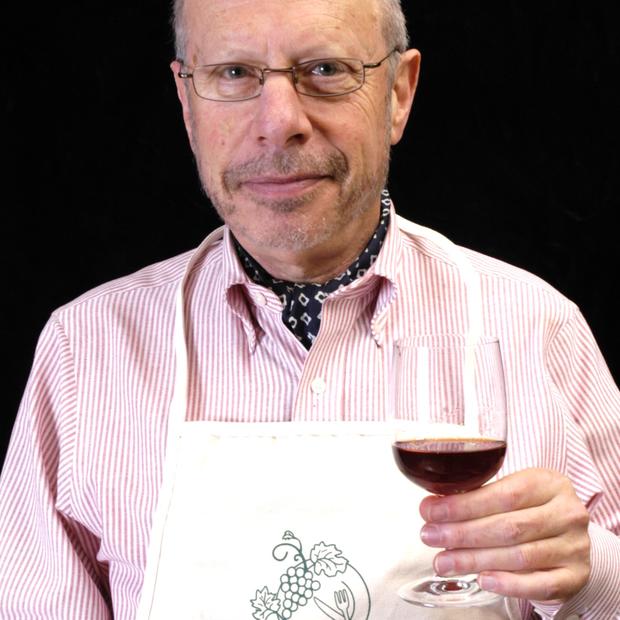The attention of Seattle's restaurant scene this month (an inbred world of chefs, bartenders and their groupies) isn't focused exclusively on a handful of highly anticipated new openings. The holiday season also brings a flurry of fundraising efforts to assist the great barman Murray Stenson, recognized two years ago as America's best bartender and a beloved icon, not just in Seattle but around the world.
Murray (nobody calls him Mr. Stenson for long) is suffering from a heart ailment and needs corrective surgery, but has no medical coverage. His legions of friends and admirers are stunned but not surprised; very few folks in the hospitality industry, except for owners and managers, have health insurance. So they're raising money at a series of events at ZigZag Cafe (where Murray used to work), Canon (where he was working part-time) and dozens of restaurants in Seattle and far beyond. An event at Distillery 206 on Sunday night sold out of its 300 tickets in a matter of hours.
It's fair to say that anyone who's had a cocktail in Seattle in the past decade has been touched in some way by Murray. His renown and influence extend far from home; there are fundraising events in a dozen cities around North America, Asia and Europe.
What he brought to the business was a sense of hospitality (he's a great listener, never forgets a customer, and — with a quick dip of a straw — tastes every drink he mixes) and professionalism (an encyclopedic knowledge of spirits, a gifted palate). He would politely decline to make a "Sex on the Beach" for the rare inebriate who might accidentally stumble into the ZigZag, but would gladly spend two minutes or longer (an eternity in a busy bar) muddling mint leaves and sugar for a julep. Or offering a taste of an exotic spirit for an interested customer. His nickname, Murr the Blur, is a tribute to his focus, not his speed.
When he worked at ZigZag, two of his regulars were Evan Wallace and Paul Clarke. Wallace is a former Microsoftie, a physicist and inventor who has patented one space-age system to maintain the bubbles in a bottle of sparkling wine (Perlage) and another to add fizz to cocktails (Perlini). In his spare time, he also teaches tango. He took it upon himself to create and manage the MurrayAid.org website and act as trustee for a grass-roots fundraising effort on Murray's behalf.
Clarke is a writer whose award-winning blog, "The Cocktail Chronicles" credits Murray as its inspriration. "Help Murray Stenson" was the title of Clarke's influential post, back in October, which got tweeted by no less than Rachel Maddow (a cocktail enthusiast). Now the world knew.
The complete calendar of events is online at murrayaid.org. At last count, Murray's friends had chipped in over $130,000, with the official tally from Sunday's "Blur Ball" still to come. But it's safe to say there's almost $150K in the bank.
So the story is an encouraging one, of Seattle coming together to support a friend in his moment of need. We pat ourselves on the back, drink a toast to Murray Stenson, and, feeling pleased with our sense of charity, of having stepped up and done the right thing, we head off into the night.
What we forget, however, is that not everyone is famous. Not everyone with a heart ailment is Murray Stenson.
Not everyone falls ill, although (disclosure), I was sticken with a similar aortic valve failure before the turn of the century. Fortunately, I had insurance coverage and fine doctors. In the wake of this year's election, we should acknowledge that our health care system too often seems to depend on the whims of fate or the heights of fame. The notion of mutual assistance is admirable and works well in simpler societies, but systematic protection against the risks of catastrophe helps everyone.
Seattle, with the highest minimum wage in the country, also has a law mandating sick pay for workers. It's a tough nut for employers (who pass the cost along to customers), but it's the foundation of a healthy, civilized community.
I spoke Sunday to Murray's friend Even Wallace. "The old system, before the Affordable Care Act, was inherently unfair," Wallace agrees. "But there's no guarantee, even now, that Murray can get coverage. And all the others, uninsured, who knows?"



